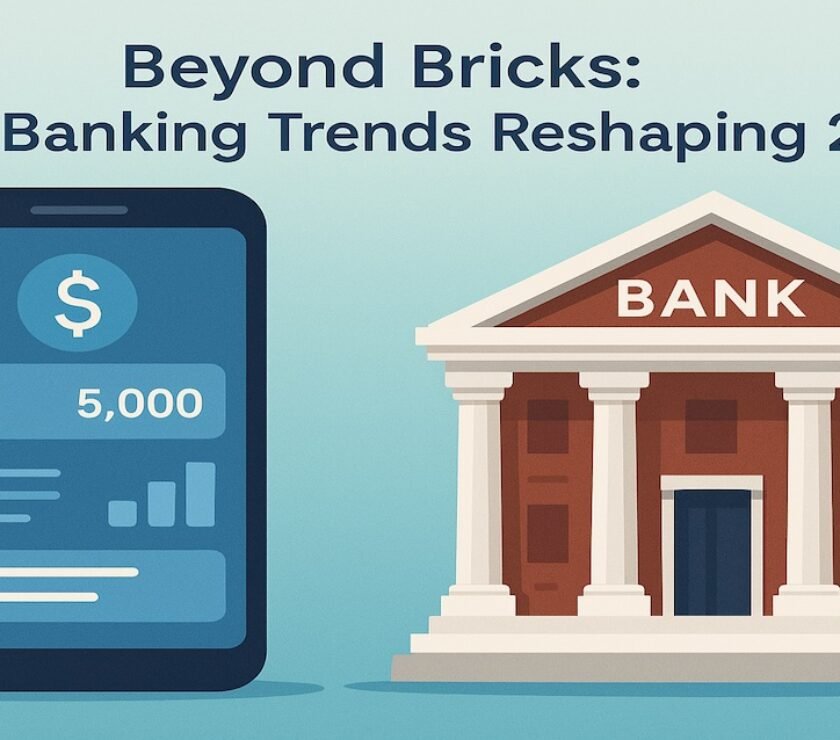As the Trump administration assumes office on January 20, 2025, sweeping changes in financial policies are expected. These shifts could impact everything from interest rates to tax laws and regulatory oversight. Understanding the key policy issues will be crucial for businesses, investors, and everyday citizens aiming to adapt to the evolving financial landscape.
Let’s dive into the significant financial policy changes to watch and their potential implications.
Introduction to 2025’s Financial Policy Landscape
The financial world is buzzing with anticipation. Every new administration brings a unique agenda, and with Trump returning to office, we can expect a focus on deregulation, tax reform, and reshaping trade policies. Policy decisions in 2025 will influence markets, personal finance, and the global economy. But what should you keep an eye on?
Key Policy Issues to Watch
1. Tax Reform and Cuts
One hallmark of Trump’s previous administration was significant tax cuts for individuals and corporations. Will 2025 see similar changes? Potential areas to monitor include:
-
Corporate Tax Rates: A reduction in rates to boost business growth and competitiveness.
-
Individual Tax Brackets: Adjustments that could benefit high-income earners while simplifying the tax code.
-
Capital Gains Taxes: Possible decreases to encourage investment in stocks and real estate.
Example: In 2017, tax reforms led to a surge in corporate profits. If similar policies are enacted, investors could expect higher dividends and stock buybacks.
2. Deregulation in Financial Markets
A cornerstone of Trump’s approach is reducing regulatory burdens on businesses. In 2025, this might include:
-
Banking Sector Deregulation: Easing rules on small and regional banks to increase lending capacity.
-
Environmental, Social, and Governance (ESG) Policies: Possible rollback of ESG disclosure requirements, impacting investment strategies.
Impact on Individuals: Deregulation could lower costs for borrowers but raise concerns about financial system stability.
3. Trade and Tariff Policies
Expect renewed focus on reshaping global trade relationships, particularly with China and the European Union. Policies might include:
-
Tariffs on Imports: Designed to protect American industries but could increase consumer prices.
-
Incentives for Domestic Manufacturing: Tax breaks or subsidies to encourage production within the U.S.
In 2019, tariffs on Chinese imports caused raw material costs to spike for U.S. manufacturers. A small furniture business in Ohio reported a 15% increase in production costs, forcing price hikes for consumers. With potential new tariffs in 2025, small businesses may face similar challenges.
4. Monetary Policy and Interest Rates
Although the Federal Reserve operates independently, the administration’s policies often influence its decisions. Key areas to monitor include:
-
Interest Rate Adjustments: Will the Fed raise rates to combat inflation or lower them to spur growth?
-
Quantitative Easing: Potential continuation or cessation based on economic recovery metrics.
How This Affects You
These key policy issues will touch every aspect of your financial life:
-
Homebuyers: Changes in interest rates could affect mortgage affordability.
-
Investors: Tax policies and deregulation might create market volatility but also opportunities for growth.
-
Small Businesses: Adjustments in tariffs and tax laws will impact profitability.
What’s the Bottom Line?
The financial policies of 2025 will set the tone for the next several years. Staying informed and proactive is the best way to navigate these changes, whether you’re an investor, business owner, or consumer. Pay close attention to tax laws, regulatory changes, and trade policies as they unfold.
Call-to-Action
Stay ahead of financial trends and policy updates by subscribing to PersonalOne. Join our community for expert insights and strategies to adapt to 2025’s evolving financial landscape. Share your thoughts and experiences in the comments below!




